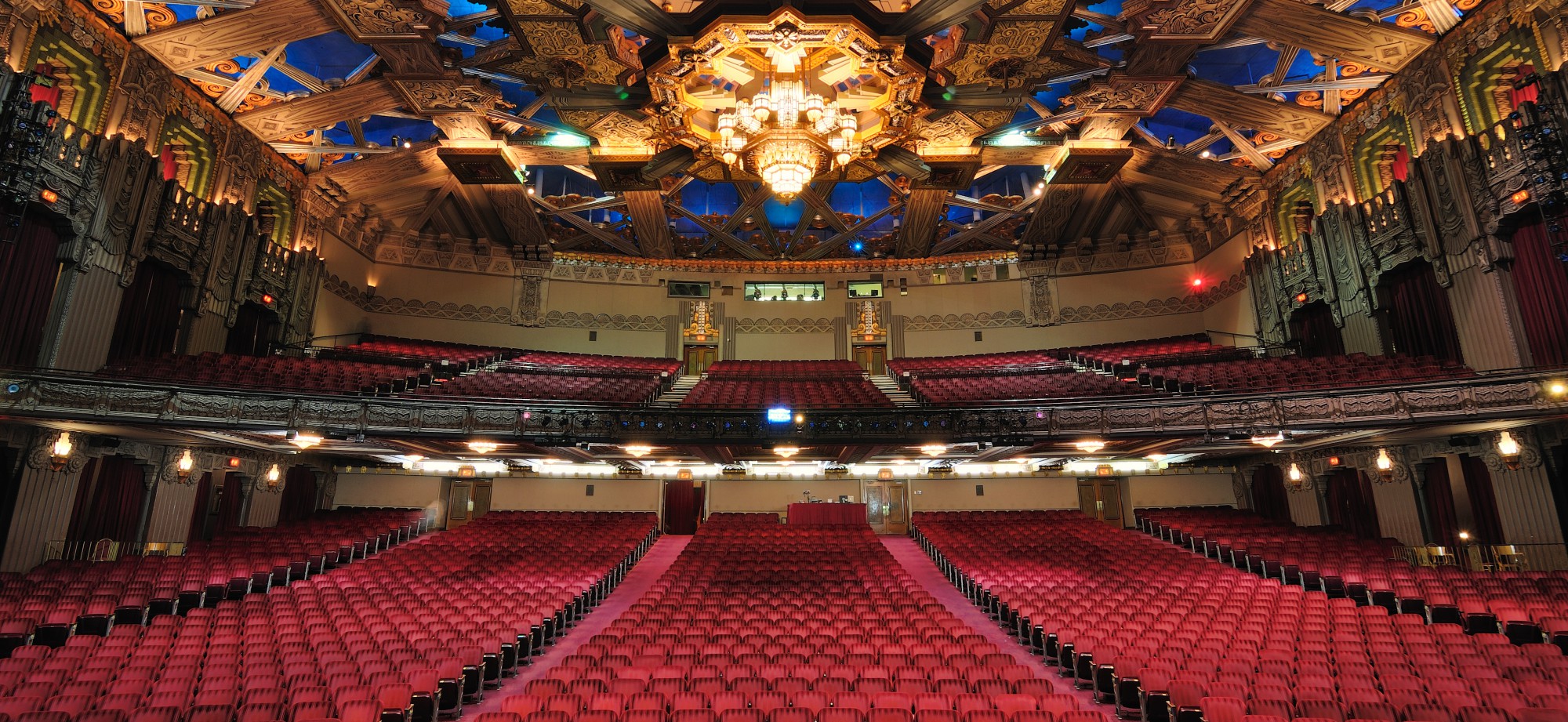
In this time of heated rhetoric and political ambition that splits the country into antagonistic factions, it is good to be reminded that this is hardly the first time for Americans. As Adolf Hitler rose to power in the 1930s, many around the world saw him and the Nazi Party as the wave of the future. He was admired by some in America and elsewhere as the man who brought order and prosperity back to Germany after the tragedy of World War I and the crushing effects of the Versailles Treaty. So what if Jews were marginalized, Gypsies persecuted and homosexuals jailed? This was a time of rampant hatred of the other in Germany and across the globe. In America, racial segregation of Blacks, Latinos and Asians was the norm. Purifying the population by enforced sterilization of undesirables— the insane, the degenerate, the immoral, the feebleminded—was practiced in California and elsewhere. The Human Betterment Foundation of Pasadena proudly claimed to have sterilized 10,000 people. This movement found admirers in Adolf Hitler and his Nazis. Sterilization was too tame for them; why not just exterminate those who were deemed inferior and beneath regard.
The Nazis had their admirers in the United States, famously Henry Ford, Charles Lindbergh and Father Coughlin. Right up to December 7, 1941, there were many who enthusiastically saw Hitler as the inevitable leader of a new world order. This is the dramatic hook of Laurel M. Wetzork’s new play Blueprint for Paradise, presented by The Athena Cats and now in production at the Hudson Theatres. Ms. Wetzork crafts fictional characters into the real life story of how renowned African American architect Paul Revere Williams came to design a 40,000 square foot mansion on a Pacific Palisades ranch that was meant as a compound and training ground for Fascist sympathizers. The bombing of Pearl Harbor brought an end to the project

In Act I, it is November, 1941 and the story centers on Mrs. Clara Taylor (Meredith Thomas), a wealthy heiress married to her businessman husband Herbert (David Jahn), who is more than cozy with a slick German Nazi, Wolfgang Schreiber (Peter McGlynn), and his vile, American-racist cohort, Ludwig Gottschalk (Steve Marvel). Clara is a brittle woman, flighty and overwrought most of the time as she deals with her immigrant servants—Chinese-born maid Fen “Fenny” Gao (Ann Hu) and the Italian houseman Alessandro Farnese (Alex Best). Her life consists of managing her Hancock Park house and attending meetings of likeminded women’s groups. Under the influence of her domineering husband, she expresses all of the disdainful upper crust attitudes of her social class. When plans for the fascist compound are shown to be woefully defective, she finds the work of Paul R. Williams (Regi Davis) admirable and convinces her husband and his associates that he is the man for the job. When he shows up, of course, she is flabbergasted. He is a NEGRO! Her husband is outraged when he meets the architect, but oddly, Wolfgang Schreiber smoothly accepts the architect. End of Act I

In Act II, the time is the afternoon of December 6, 1941 and a climax is in sight. The play shifts into the more melodramatic mode of a thriller. Under the influence of Williams, Clara’s thoughts are changing. A backstory uncovers a marriage fraught with tragedy and spousal abuse. In conversation with Williams, she is revealed to have the questing mind of a library maven. Alessandro turns out to be more than he seems and Fenny, as played by Ms. Hu, the most sympathetic character in the play, expresses ambitions beyond those of a domestic.

Blueprint for Paradise is an interesting, entertaining show. The characters, however, are two-dimensional. The Nazi and his American yokel pal are types from “central casting.” The husband with his facile veneer is written to be loathsome and he is. Only Fenny is a fully rounded character. Her life is precarious as an Asian immigrant and her humanity bursts through in all of her scenes. I can’t fault the actors, solid pros all of them. If there is a problem, it is in the script and the direction. With its themes and relevance, I think there is more to be gotten here.
Blueprint for Paradise continues through September 4 at the Hudson Theatres, 6539 Santa Monica Blvd., Los Angeles.
